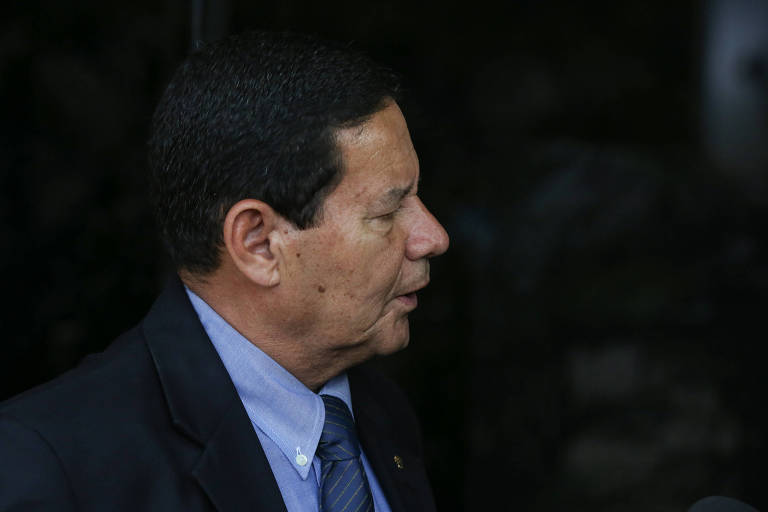Vice President-elect Retired Army General Hamilton Mourão says that a good relationship with China is indispensable to Brazil and should be independent to the one the Brazilian government keeps with the United States. "We can't neglect it," he says.
"The Brazilian stance is foreign affairs has always been a pragmatic one. We need to work toward our goals and search for the countries that will help us achieve them," Mourão said.
Mourão is more moderate when compared to president-elect Jair Bolsonaro and the future Minister of Finance Paulo Guedes. Besides the issue with China, Mourão advocates keeping an open dialogue with the Mercosul bloc before leaving the agreement altogether.
"Mercosul is not doing its job as a trade agreement. But, before we can consider killing, boycotting or leaving it, we need to make sure we did all we could for it to be successful."
The general also says it's necessary to proceed with caution when it comes to moving the Brazilian embassy in Israel to Jerusalem, because, he says, this can transfer "the international terrorism issue" to Brazil.
"We have an important trade relationship with the Arab countries. And our competitors are watching our every move to see if we are going to lose it. We also have to consider the matter of religion-based international terrorism, too. Brazil can become a target if we take a stronger stance regarding the conflicts in the Middle East."
Mourão also said that privatizing Petrobras' refineries is something that would require deeper studies. The state oil company's future president, Roberto Castello Branco, said he's inclined to reduce its footprint in this part of the oil industry.
Mourão also flat-out denied any possibility of Brazil to be once again governed by the military. "The country entered such a path of unethical behavior, corruption, and bad management that the people looked towards the Armed Forces for help. But the Armed Forces stayed in their places, doing their jobs."
Translated by NATASHA MADOV
